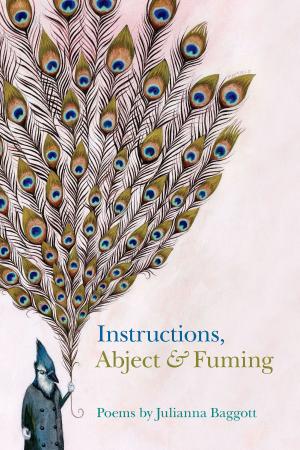Swim Pretty
Aquatic Spectacles and the Performance of Race, Gender, and Nature
Nonfiction, Entertainment, Performing Arts, Theatre, History & Criticism| Author: | Jennifer A. Kokai | ISBN: | 9780809336012 |
| Publisher: | Southern Illinois University Press | Publication: | June 28, 2017 |
| Imprint: | Southern Illinois University Press | Language: | English |
| Author: | Jennifer A. Kokai |
| ISBN: | 9780809336012 |
| Publisher: | Southern Illinois University Press |
| Publication: | June 28, 2017 |
| Imprint: | Southern Illinois University Press |
| Language: | English |
Drawing on cultural associations with bodies of water, the spectacle of pretty women, and the appeal of the concept of “family-friendly” productions, performative aquatic spectacles portray water as an exotic fantasy environment exploitable for the purpose of entertainment. In Swim Pretty, Jennifer A. Kokai reveals the influential role of aquatic spectacles in shaping cultural perceptions of aquatic ecosystems in the United States over the past century.
Examining dramatic works in water and performances at four water parks, Kokai shows that the evolution of these works and performances helps us better understand our ever-changing relationship with the oceans and their inhabitants. Kokai sorts the regard for and harnessing of water in aquatic spectacles into three categories—natural, tamed, and domesticated—and discusses the ways in which these modes of water are engaged in the performances throug an aesthetics of descension. Ultimately, this study links the uncritical love of aquatic spectacles to a disregard for the rights of marine animals and lack of concern for the marine environment.
Drawing on cultural associations with bodies of water, the spectacle of pretty women, and the appeal of the concept of “family-friendly” productions, performative aquatic spectacles portray water as an exotic fantasy environment exploitable for the purpose of entertainment. In Swim Pretty, Jennifer A. Kokai reveals the influential role of aquatic spectacles in shaping cultural perceptions of aquatic ecosystems in the United States over the past century.
Examining dramatic works in water and performances at four water parks, Kokai shows that the evolution of these works and performances helps us better understand our ever-changing relationship with the oceans and their inhabitants. Kokai sorts the regard for and harnessing of water in aquatic spectacles into three categories—natural, tamed, and domesticated—and discusses the ways in which these modes of water are engaged in the performances throug an aesthetics of descension. Ultimately, this study links the uncritical love of aquatic spectacles to a disregard for the rights of marine animals and lack of concern for the marine environment.















